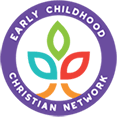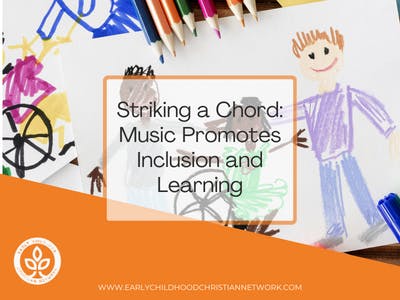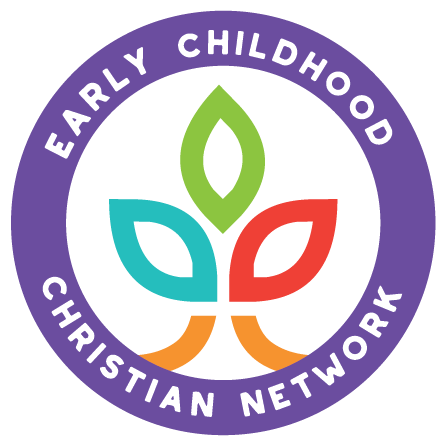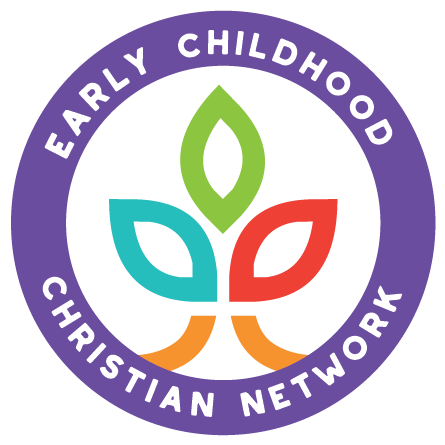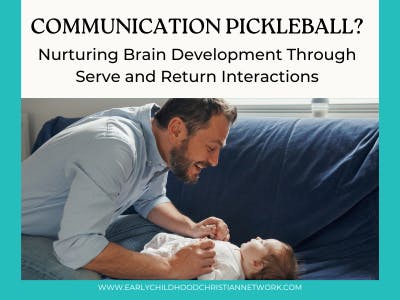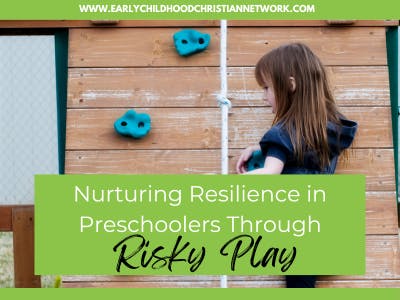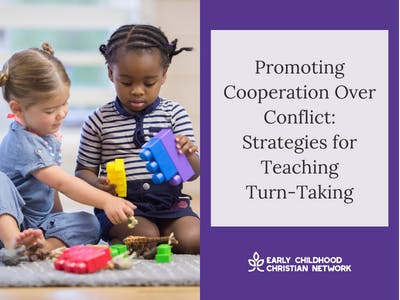Striking a Chord: Music Promotes Inclusion
|
Hey Reader! “Twinkle, twinkle little star, how I wonder…” Did you just finish the song in your mind? (or maybe even out loud?) “Jesus loves me, this I know, for the …..” Again..did you finish the song? Most likely, you did. Music is a powerful tool in the classroom for so many reasons! We’ve shared a lot of fun tips for using music in your classroom over these last couple of weeks, but I wanted to share one more thing… I had a podcast conversation recently with Patty Shukla about how she has seen music make a difference in a special segment of her audience. She spends regular time in several local special needs classrooms. Listen in to the whole conversation HERE. Music is a great tool for inclusion in an early childhood environment!Music and movement includes everyone, regardless of ability. We often see young children with some extra needs respond really well to music and movement. Music is often a time when these children are able to participate more readily than other activities. They can hum, sing, or even just listen actively and still participate! Encouraging and allowing children to move to music – either through more intentional song motions or through “free-style” dance parties helps them to feel more comfortable in their bodies and to practice using gross (and fine) motor skills differently than in other learning times. Children learn spatial body awareness as they move in close proximity to their peers. Regardless of physical ability, children often connect through musical movement! Children with physical limitations or mobility delays can still participate by swaying, clapping, rocking, bouncing or patting to the beat! English language learners benefit from learning the cadence and rhythm of English words (which eventually actually helps with reading fluency as well)! Often, children are more willing to “try out” a new word when it’s a lyric in a song than when it’s required as an oral response. A song lyric is much less risky to try! Children who are more introverted or timid will often participate in a song long before they will ever answer a question out loud in a classroom. Also, let’s be honest…all of our preschoolers are actually in the early stages of learning English so music benefits all of their language and vocabulary development! What kind of music are you listening to in your classroom? You might be interested in THIS playlist with some great kid-friendly Christian songs(shared by one of our readers last time!) or THIS playlist from Patty’s Youtube channel if you’re looking for some movement! I hope this little series has been helpful! Please share your favorite children’s songs and playlists with us.
Cheering you on this week! -Your ECCN team
Colossians 3:16 “Let the message of Christ dwell among you richly as you teach and admonish one another with all wisdom through psalms, hymns, and songs from the Spirit, singing to God with gratitude in your hearts.” |
